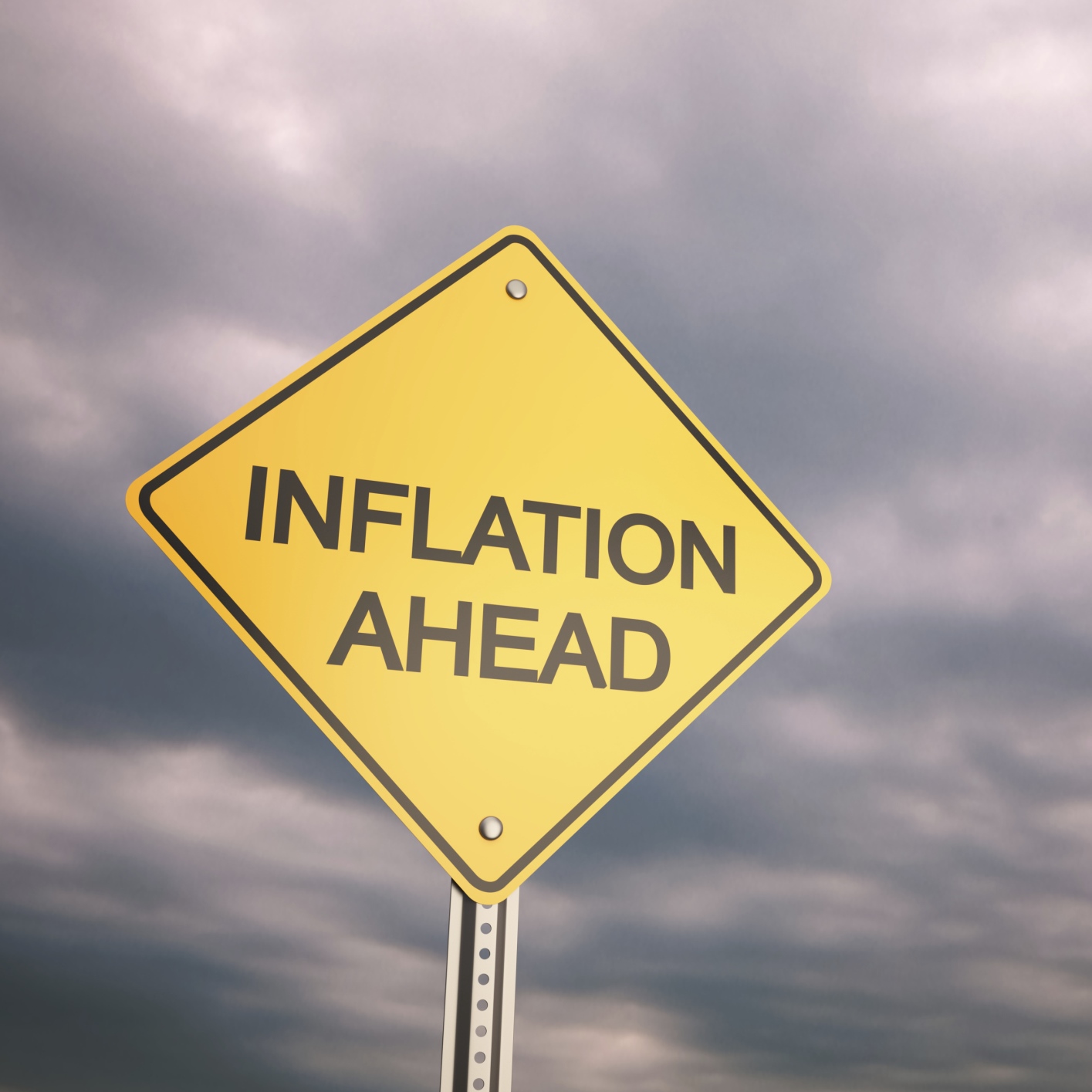Economy
Slow Wholesale Inflation and Retail Sales Likely to Dampen Fed Rate Hike Expectations

Published:
Last Updated:

Perhaps the increase in China’s exports sounds good for the global growth story, but there is more direct observation in U.S. economic data showing why Janet Yellen and the Federal Reserve are being reluctant to raise interest rates, even when certain hawkish Fed presidents have been talking up rate hikes.
24/7 Wall St. wanted to see how these numbers played out, and they may actually lower the case for rate hikes. As a reminder, Goldman Sachs recently issued a report showing that good economic news likely might be viewed as bad news for stocks.
Retail sales fell 0.3% in March in the United States. This was significantly under Bloomberg’s consensus estimate calling for a gain of 0.1%. More importantly, this also marked the third consecutive month of zero growth or negative growth in U.S. retail spending, after February’s initial 0.1% decline was revised to a flat 0.0% reading.
If you use the annualized retail spending data, a more clear picture, year-over-year retail spending was up by 1.7% in March. That may sound better, but it was less than the 3.0% annual gain that was reported in February.
If you back out cars and gasoline, there was a slight gain, but that gain was well under expectations for March. Retail sales excluding autos rose 0.2% and the ex-autos and gasoline was up by 0.1%. Bloomberg was calling for the consensus to be up 0.4% and 0.3%, respectively.
On the inflation front, deflation can be talked about again. At least on the base line. The Producer Price Index (PPI) fell into the red with a -0.1% in March. Bloomberg’s consensus estimate called for a 0.2% gain. This followed a 0.2% drop in February.
The annualized data did not help the Fed out for rate hike concessions either. March’s year-over-year headline PPI data fell back into negative territory with a −0.1% reading. That effectively marked over a year of PPI being zero or negative.
Lindsey Piegza, Chief Economist at Stifel Fixed Income, commented on how Wednesday’s economic reports are likely to influence rate hikes in the coming months:
From a policy perspective, with an expectation of lackluster, if any, growth in Q1, coupled with a decline in inflation pressures, not to mention lingering uncertainty surrounding “international and financial market developments,” a near-term rate hike is unquestionably off the table for April with a June rate increase increasingly unlikely barring a surge in domestic activity and perceived calm on the international front. While the latter poses a welcome utopic scenario, we are not overly optimistic such favorable conditions will be or can be met less than three months from now. More likely, stagnant economic conditions and ongoing concerns regarding risks of contagion from developments abroad will make it increasing difficult for the Fed to raise rates once in the remaining nine months of 2016, if at all.
The thought of burdening your family with a financial disaster is most Americans’ nightmare. However, recent studies show that over 100 million Americans still don’t have proper life insurance in the event they pass away.
Life insurance can bring peace of mind – ensuring your loved ones are safeguarded against unforeseen expenses and debts. With premiums often lower than expected and a variety of plans tailored to different life stages and health conditions, securing a policy is more accessible than ever.
A quick, no-obligation quote can provide valuable insight into what’s available and what might best suit your family’s needs. Life insurance is a simple step you can take today to help secure peace of mind for your loved ones tomorrow.
Click here to learn how to get a quote in just a few minutes.
Thank you for reading! Have some feedback for us?
Contact the 24/7 Wall St. editorial team.